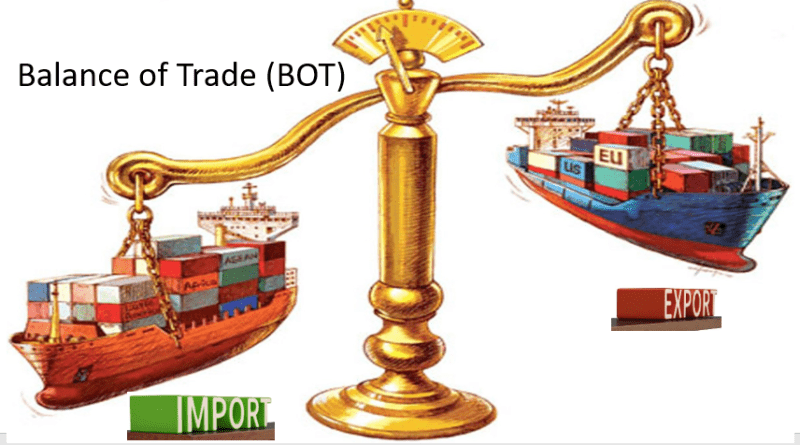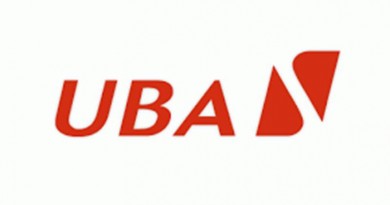Nigeria’s Trade Balance remains Positive at N1.3 trillion in Q2, 2023
The National Bureau of Statistics (NBS) reports that Nigeria’s trade balance remained in excess for the third quarter in a row, standing at N1.3 trillion. The report on Foreign Trade in Goods for the second quarter of 2023 shows overall trade at N12.7 trillion, a 7.6% decrease from N13.8 trillion in Q2 2022. Both imports and exports decreased year on year; however, the rate of reduction was greater for imports.
Total imports fell by 10.4% while total exports fell by 5.2%. In terms of quarter-on-quarter fluctuations, total trade increased by 5.8% from N12.1 trillion in Q1 2023, indicating a trade rebound. The growth can be attributable to a simultaneous increase in total imports (+3% QoQ) and total exports (+8.2% QoQ), which reached N5.7 trillion and N7 trillion, respectively.
Furthermore, the trade balance remained in excess for the third quarter in a row, standing at N1.3 trillion. The cumulative trade balance for H12023 was NGN2.2 trillion, a significant increase from N618.8 billion in H12022. Petroleum oil and crude oil generated from bituminous materials (79.6%), liquefied natural gas (9.1%), and urea (1.2%) were the top three export commodities in Q2 2023, accounting for approximately 89.9% of total exports.
Motor Spirit (21.5%), autos with diesel or semi-diesel engines with cylinder size larger than 2500cc (12.82%), and gas oil (4.03%) were the most imported commodities. While the trade balance appears to be positive, it should be read with caution due to foreign currency shortages that restrict international trade.
With the recent harmonisation of the currency rate based on the recovery witnessed in Q2 2023, commerce is projected to expand further in the second half of the year. Trade is essential for economic growth, job creation, and poverty alleviation. As a result, in order to promote accurate output tracking, the government must establish policies that strengthen the business environment and formalize the economy’s trading sector. SOURCE: CSEA Africa




